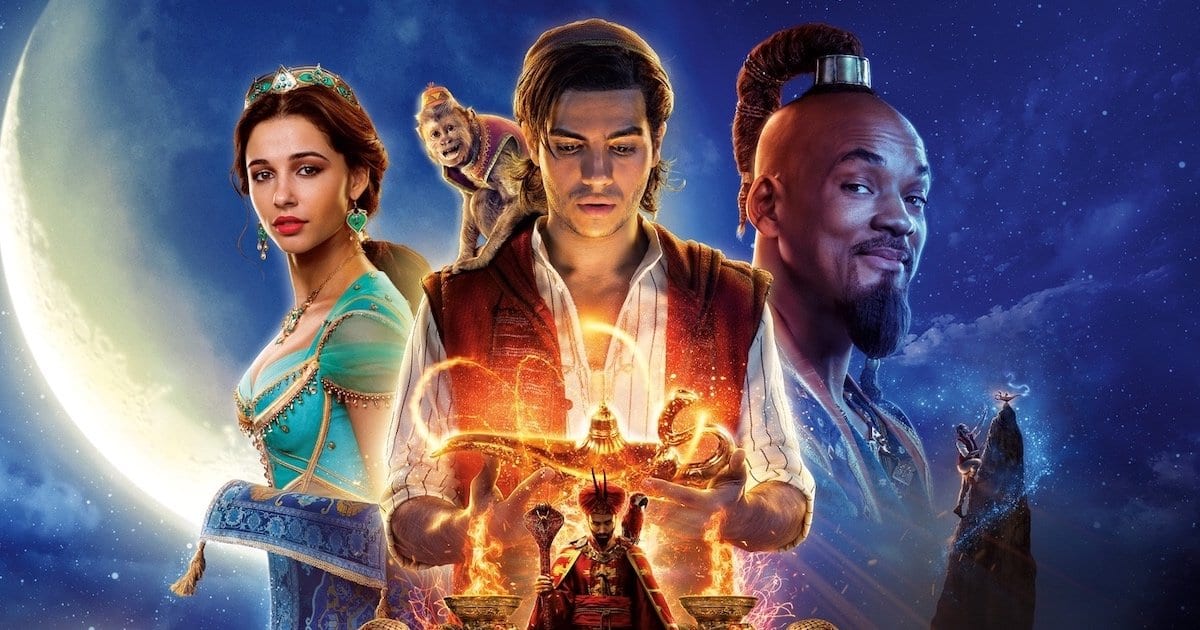
This 2019 Disney adaptation of the original 1992 animated film, Aladdin, follows a young Arabian “street rat” and his pet monkey Abu as well as the Arabian Princess Jasmine, both of whom struggle immensely with power and identity issues much like what we’ve discussed in this course. In the film, a young, ambitious thief named Aladdin travels the streets of Agrabah with Abu when he meets Princess Jasmine, the daughter of the Sultan who sneaks away from her secluded kingdom to visit the town. She is taken aback (in a good way) by his mysterious persona and the danger and adrenaline that comes with their interaction. Aladdin then gets himself caught up in a power and identity struggle, in which he is recruited to find a magic lamp with a genie inside. He utilizes his findings and the magic genie to change almost everything about himself to be a better suitor for Jasmine and convince her and her father that he is some high Prince from a nonexistent land. All the while, Jasmine is experiencing a power struggle with her father over becoming the next Sultan, as her father is stuck on the traditional view of hierarchy within the kingdom and that is that a woman could never be Sultan, regardless of his love for his daughter.
Through Aladdin’s identity struggle, we see him battle back and forth with the genie over pretending to be someone he isn’t for Jasmine, who we as the audience know already liked him as he was prior to the glitz and glam of becoming a prince. The power and fame eventually comes crashing down on him, as the jealous vizier to the Sultan Jaffar strips Aladdin of his magic and reveals his true identity in front of both Jasmine and the Sultan. This teaches us to always be true to ourselves, as the person we are meant to be with will love us for who we are and not who we think they want us to be.
Princess Jasmine’s power struggle is depicted by her father’s constant efforts to find her a suitor who would then become Sultan, instead of breaking tradition and giving her the title on her own regardless of her marital status. She is constantly trying to prove to him that she is intelligent and powerful enough to assume the role, and she also makes an effort to empathize with the people whom she would rule over. Eventually, after Jaffar’s efforts to overthrow the Sultan, Jasmine’s father recognizes her abilities to lead the great city of Agrabah and grants her the title of “Sultana-Regnant” in which she gets to rule without the requirement of marriage.
This Disney filmed is packed with lessons taught to us throughout the course regarding identity and sticking to one’s true self. A few questions can be raised from watching the film. Specifically, how far do we as humans need to go to prove our own identity? How long will women have to continue this struggle of not being seen as equal within the roles of leadership in these countries and around the world? There is a lot we can learn about ourselves hidden in this live-action rendition of Aladdin.